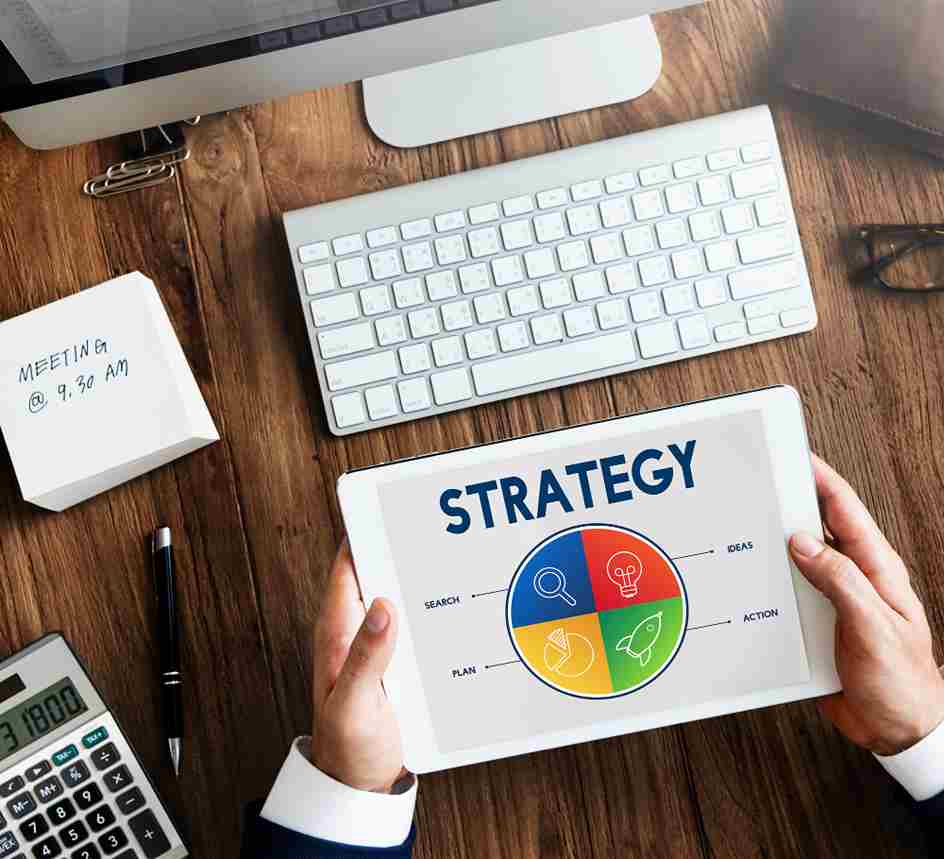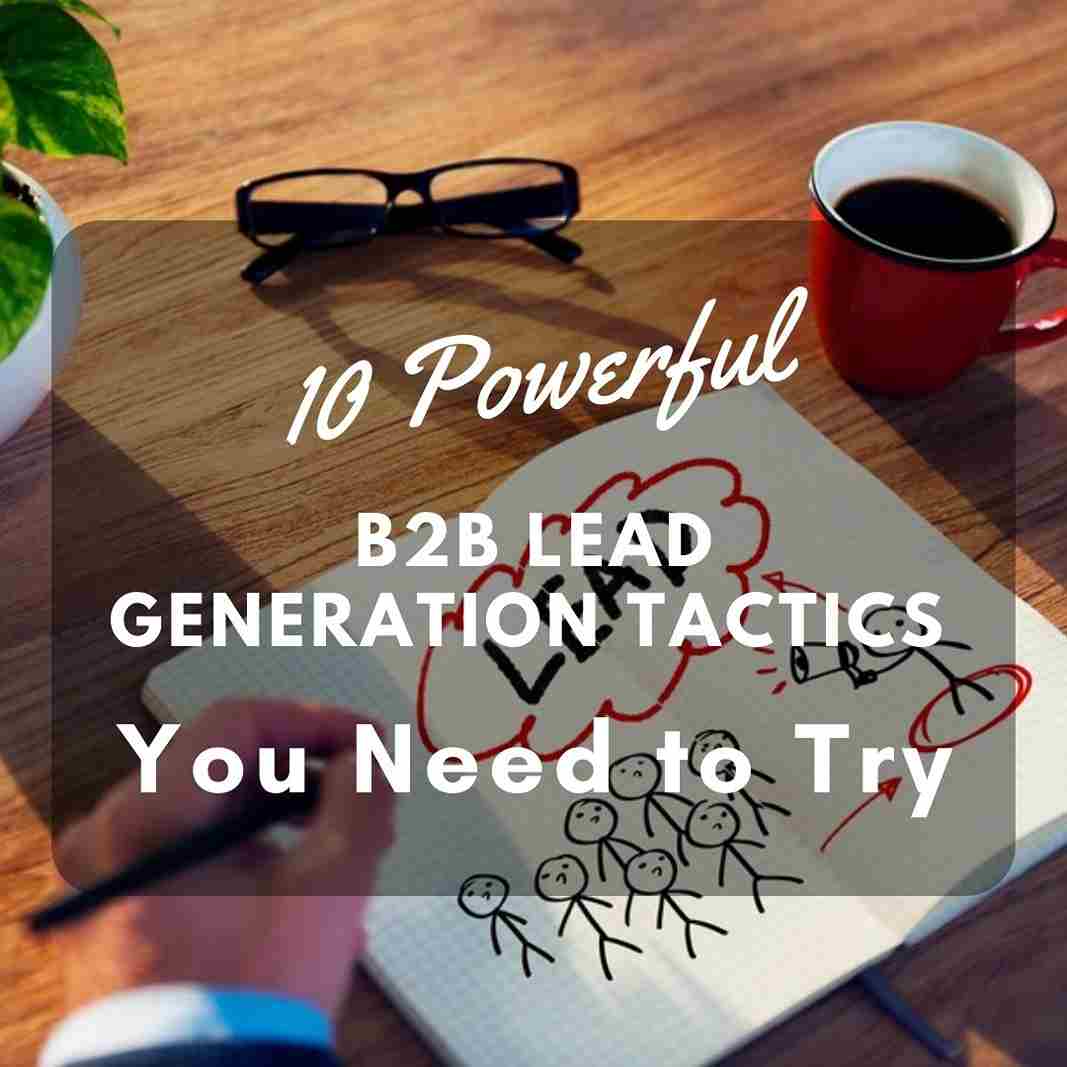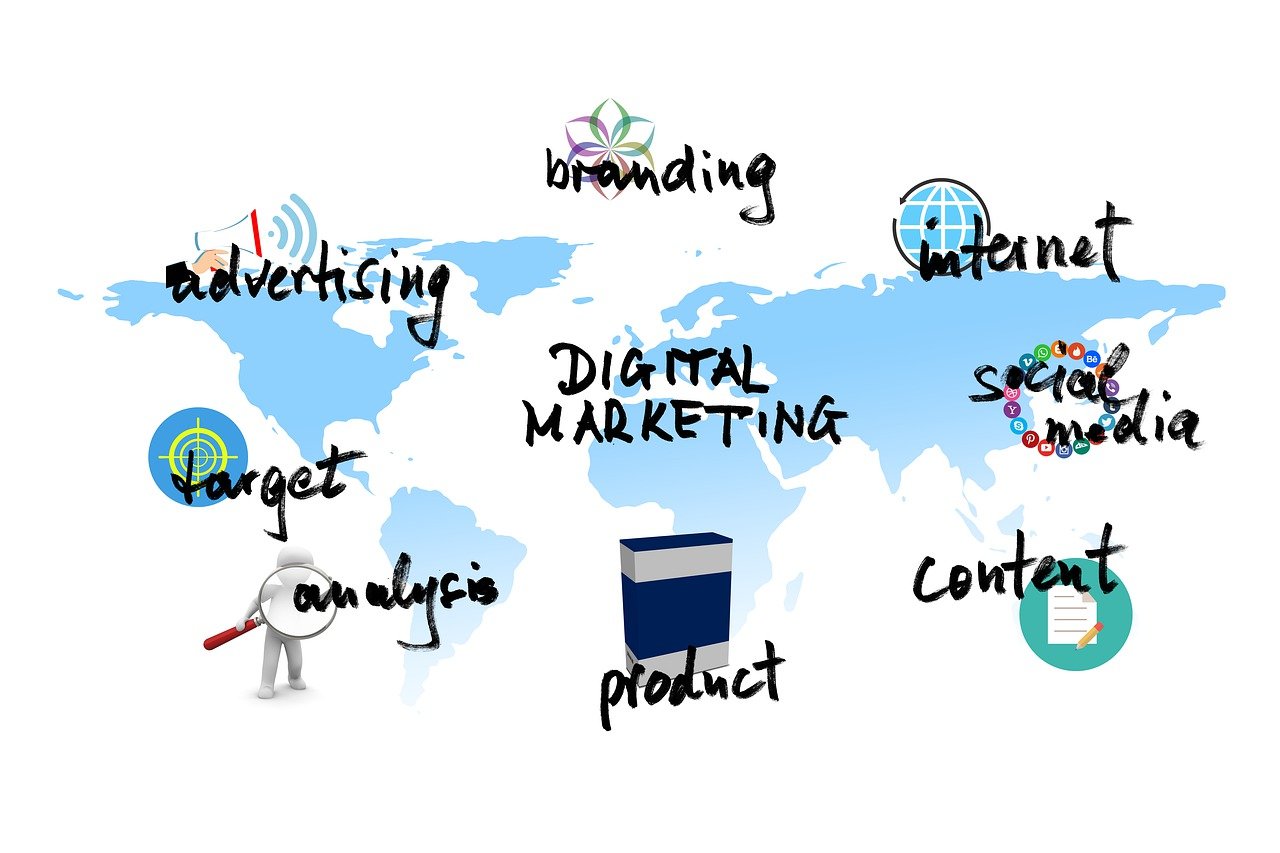What is Webinars and How to Do That
Webinars are a great way to showcase your expertise, engage your audience, and generate leads for your business. They can also help you establish trust and credibility with your potential customers, and provide value to your existing ones. Webinars can be delivered live or recorded, depending on your goals and preferences. In this article, we will share some tips on how to plan, create, and host a successful webinar that will boost your brand and sales.
A webinar is a live online presentation or workshop that allows you to interact with your audience and share your expertise on a specific topic. Webinars are a powerful tool for marketing, education, and engagement, as they can reach a large number of people at once, generate leads, and establish your authority in your field.
But how do you create and host a successful webinar? Here are some steps to follow:
1. Define your goal and audience: Before you start planning your webinar, you need to have a clear idea of what you want to achieve and who you want to reach. What is the main message or value proposition of your webinar? Who are your ideal attendees and what are their pain points or interests? How will you measure the success of your webinar?
2. Choose a topic and format: Based on your goal and audience, you need to decide what topic you will cover and how you will present it. You can choose from different formats, such as a lecture, a panel discussion, a Q&A session, a demonstration, or a case study. Make sure your topic is relevant, engaging, and actionable for your audience.
3. Select a platform and tools: You also need to choose a platform and tools that will enable you to host your webinar smoothly and professionally. There are many options available, such as Zoom, GoToWebinar, Webex, or Microsoft Teams. You should consider factors such as the number of attendees, the features you need, the cost, and the ease of use. You may also need additional tools, such as a microphone, a webcam, a slide deck, or poll software.
4. Plan and prepare your content: Once you have your topic and format, you need to plan and prepare your content. You should create an outline of your webinar, including the introduction, the main points, the conclusion, and the call to action. You should also design your slides or visuals, if any, and make sure they are clear, concise, and attractive. You should also rehearse your presentation and test your equipment before the webinar.
5. Promote your webinar: To attract attendees to your webinar, you need to promote it effectively. You can use various channels, such as email marketing, social media, blog posts, landing pages, or paid ads. You should create a compelling title and description for your webinar, highlight the benefits and value for your audience, and include a clear call to action to register. You should also send reminders and follow-ups to increase attendance and engagement.
6. Deliver your webinar: On the day of your webinar, you need to deliver it with confidence and professionalism. You should start on time, introduce yourself and your topic, engage with your audience throughout the presentation, answer their questions or comments, and end with a strong call to action. You should also record your webinar for future use or reference.
7. Follow up with your attendees: After your webinar, you should follow up with your attendees to thank them for their participation, solicit their feedback, provide them with additional resources or offers, and nurture them into leads or customers. You should also analyze the results of your webinar, such as the attendance rate, the engagement rate, the conversion rate, or the satisfaction rate.
Webinars are an effective way to showcase your expertise, connect with your audience, and grow your business. By following these steps, you can create and host webinars that will deliver value and results.
Share This Post
Tags
webinarsRelated Articles
How to Create Locally Optimized Keywords
Learn how to resonate with your local audience, dominate search results, and boost your online visibility. From mastering Google My Business to creating compelling location-specific content, discover the strategies that will elevate your local SEO game.
10 Reasons You Need a Digital Marketing Strategy
If you want to grow your business online, you need a digital marketing strategy. A digital marketing strategy is a plan that outlines how you will use different online channels and tools to reach your target audience, achieve your goals, and measure your results.
10 Powerful B2B Lead Generation Tactics You Need to Try
Discover 10 powerful B2B lead generation tactics that can transform your business. From content marketing to social media, these strategies will help you attract and convert leads.
Best Digital Marketing Agency in Raipur, Chhattisgarh
PAGEFIST IS a leading digital marketing agency in Raipur, Chhattisgarh that offers innovative solutions for your online presence. Whether you need a website, a social media campaign, an SEO strategy, or a content marketing plan, PAGEFIST IS can help you achieve your goals and grow your business. PAGEFIST IS has a team of experts who are passionate about digital marketing and have the skills and experience to deliver results. Contact us today and let us show you how we can help you succeed online.
What is digital marketing?
Digital marketing is the use of online platforms and channels to promote a brand, product, or service. It involves creating and distributing content that attracts, engages, and converts potential customers. Digital marketing can include various strategies such as search engine optimization, social media marketing, email marketing, content marketing, video marketing, and more. Digital marketing can help businesses reach a wider audience, increase brand awareness, generate leads, and boost sales.
Related FAQ
No related FAQ.
Say Hello
To Your Dream





